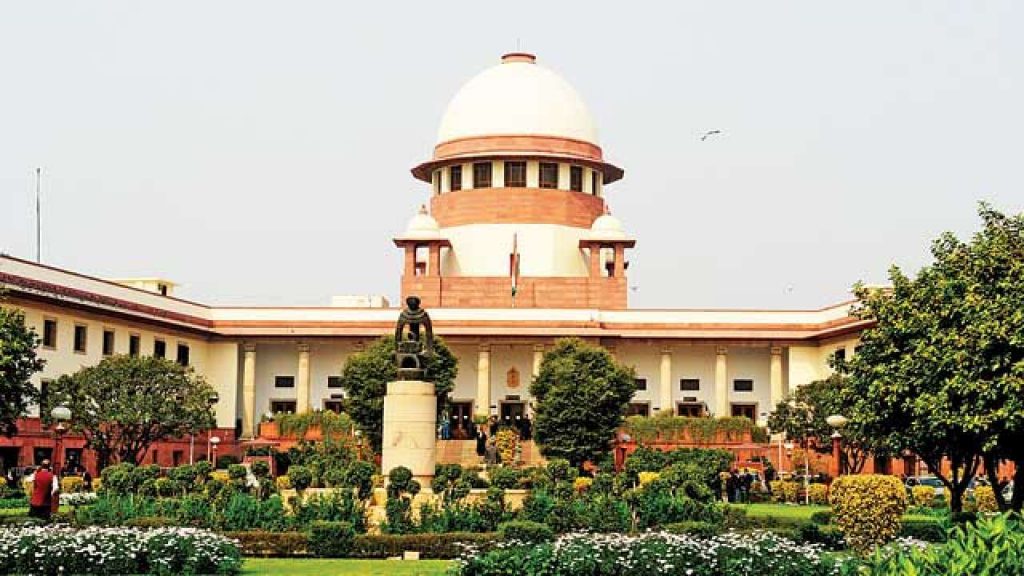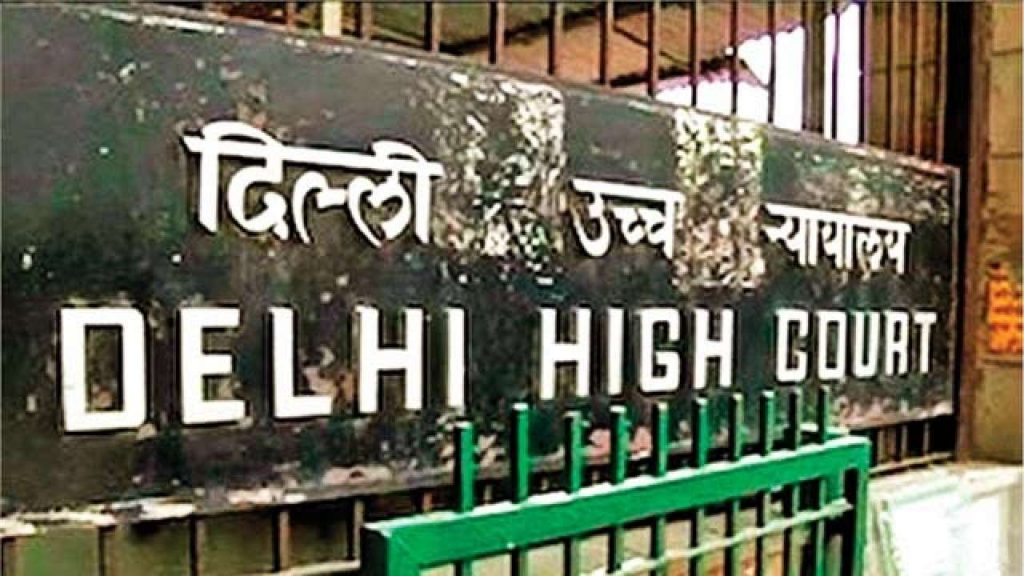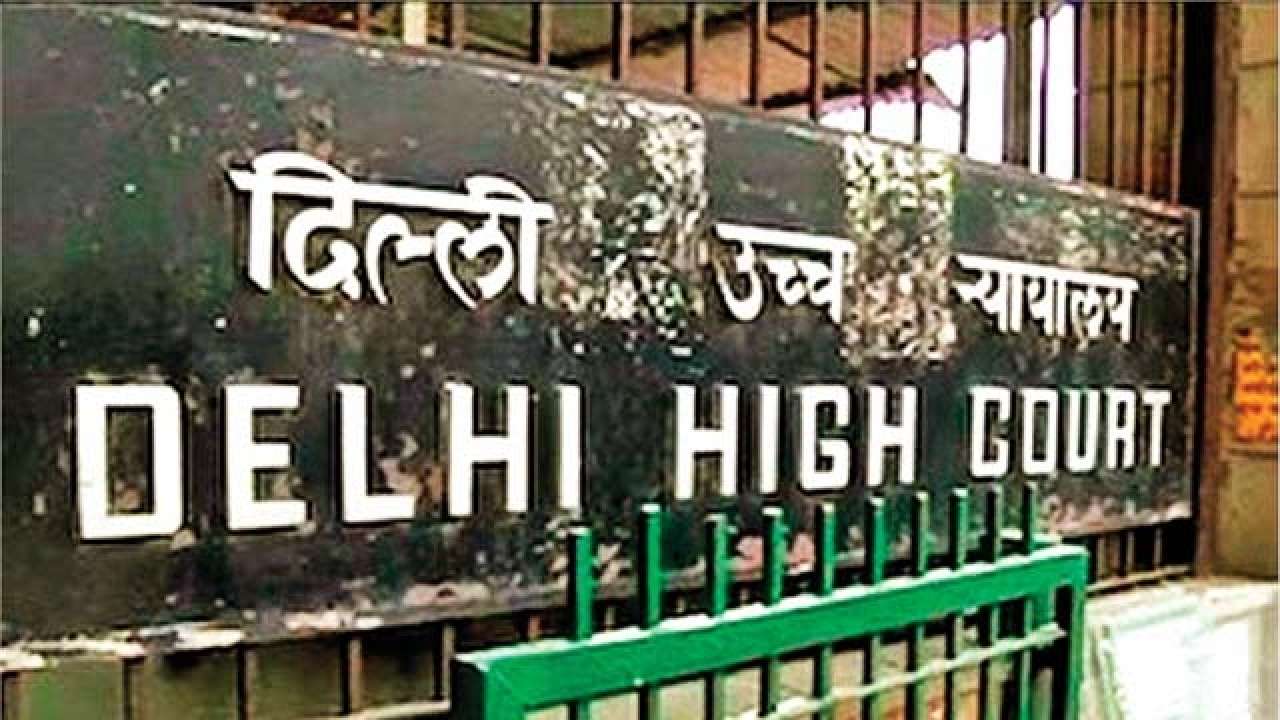By Nishant Kr. Srivastava
A very relevant issue as to the liability of a tenant to pay rent during the lockdown period, in the light of outbreak of COVID-19 pandemic, recently came before the Hon’ble High Court of Delhi (the HC) in a case titled Ramanand & Ors. Vs Dr. Girish Soni & Anr which has been disposed of by the HC on 21st May, 2020.

It was not a fresh case on this issue as such since appellants (the tenants) have entered into a Lease Deed dated 1st February, 1975 with the landlords (the respondents) for a commercial property situated in Khan Market originally for a rent of Rs. 300/-. Later on the landlords have filed a petition for eviction of the tenants under the provisions of the Delhi Rent Control Act, 1958 (the DRCA) on the ground of bona fide requirement by them. The said petition was decreed in favour of the landlords and against the tenants vide eviction decree dated 18.03.2017.
The tenants has challenged the said decree before the Rent Control Tribunal which also was pleased to dismiss the appeal of the tenants vide order dated 18.09.2017. The tenants had now come to the HC challenging the said eviction decree dated 18.03.2017 and the same was pending before the HC and it was during the course of disposal of the said appeal that on 25th September, 2017 the HC was pleased to stay the execution of the eviction proceedings institutes by the landlord against the tenants. While granting stay the HC had stipulated that the tenants will keep on paying a rent of Rs. 3.5 Lakh per month and in default of which the stay of the order of eviction was to be vacated.
Now, during the pendency of the said appeal the present lockdown happened which resulted in closure of the shop being run from the leased premises so the tenants for abundant caution moved an application before the HC with the prayer that since there was no business during the lockdown period they were entitled to some form of remission or that they were willing to make part payment which may be allowed or alternatively the liability to pay the rent may be suspended for at least one month by the HC.
The HC, while disposing of such an application of the tenants, in the pending appeal before it, vide its Order dated 21.05.2020 (the said Order) was pleased to disallow such prayers of the tenants on various grounds. The HC held that the tenant-landlord/ lessee-lessor (the tenant-landlord) relationship could be of multifarious forms governed either by a contract or by law. It further held that if there is a contract and in that contract there is a force majeure clause or any condition that could permit waiver or suspension of rent then the contract will govern such situation and a tenant/ lessee could seek such a waiver. However, when there is no contract at all or no force majeure clause, the issue has to be decided on the basis of applicable laws.

Relying on and referring to the various judgments of the Hon’ble Supreme Court of India (the SC), the Division and Single Bench of the HC and the Black’s Law Dictionary, the HC while disposing the application held that if a contract contains a clause providing for some sort of waiver or suspension of rent, then only the tenant could claim that the contract has become void and surrender the premises.
However, if there is no any such clause giving respite to the tenant and the tenant wishes to retain the premises, monthly charges/ rentals would be payable by the tenant to the landlord. It was also held that when there is no contract or there is a contract where there is no force majeure clause, in that scenario if the tenant tries to invoke the doctrine of frustration of contract or impossibility of performance, the same will not available to the him.
The HC held that doctrine of frustration of contract or impossibility of performance does not apply to lease agreements which is a completed conveyance and that the doctrine of frustration of contract or impossibility of performance is normally available in cases of executory contracts. It was further held that a lease deed being an executed contract also creates a privity of estate since lease is a transfer of an interest in the immovable property within the meaning of section 5 of the Transfer of property Act, 1882 (the TPA).
The HC however, in this case further went into the various provisions of the TPA, especially section 108 which governs the rights and liabilities of lessor & lessee and which ordinarily comes into play in the absence of a contract or local usage to the contrary which, for our purpose of understanding the said Order here, may not be the case with most of the tenancies particularly when we are talking about the lease of the commercial premises, and held that in the light of section 108(B) (e) & (l), in situations where the property is wholly destroyed or rendered substantially and permanently unfit for the purpose for which it was let, the lease shall at the option of the lessee be void, however the lessee is bound to pay the rent.
Relying on an earlier SC judgment the Court held that where the property leased is not destroyed or rendered substantially and permanently unfit, the lessee cannot avoid the lease only because he does not or is unable to use the land for the purpose for which it is let to him. It had been made clear in the said Order that if the leased premises is rendered substantially and permanently unfit for the purpose for which it was let, the lessee has the option to avoid the lease and unless the lessee so avoids the lease, he cannot avoid his obligation as to the payment of rent as contained in clause (l) of section 108 of the TPA.
On the issue of suspension of rent as claimed by the tenants, the court held that the same is possible only when the lessee is dispossessed and mere non-use may not always entitle the tenant for a claim for suspension of rent.

The Court made it clear that where the tenant cannot use the leased property for the purpose for which it was leased, the tenant would have no right to continue enjoying the property and seek suspension of rent at the same time.
The HC in the particular facts of this case also took into account the various necessary factors for determining the question as to whether the tenants are entitled to any relief of suspension of rent in cases covered by lockdown due to COVID-19 and accordingly took into consideration factors like the nature of the property, financial and social status of the parties, annual rent, other factors, any contractual condition(s) and protection under any executive order(s) and disposed of the application vide the said Order.
Finally the HC was pleased to postpone/ give a little relaxation, in the light of lockdown, only in the terms of time/ date of payment of the rent with the clear stipulation that if there is any default in payment, the decree of eviction would become liable to be executed. However the important thing to note is that the HC was pleased not to grant the prayer of the tenant in this case particularly with respect to reduction of the rent and or suspension of the rent at least for a month or for that matter did not allow any remission of the monthly rent.
Though the decision has to been seen in the peculiar facts and circumstances of the case- more particularly the fact that the tenants were held to be unauthorised occupants since an eviction decree dated 18.03.2017, though under challenge in the and pending disposal before the HC, was against them and that they were continuously enjoying the property and were not intending to vacate the property, yet the said Order very clearly reiterates the settled position in India, when it comes to doctrine of frustrationof contract in connection with lease of a property i.e. doctrine of frustration of contract or impossibility of performance does not apply to lease agreements.
(Nishant Kumar Srivastava, Advocate is the Founder & Managing Partner of Actus Legal Associates & Advocates, a Full Service Law Firm based in Delhi and can be contacted at- nishant@actuslegal.in)


